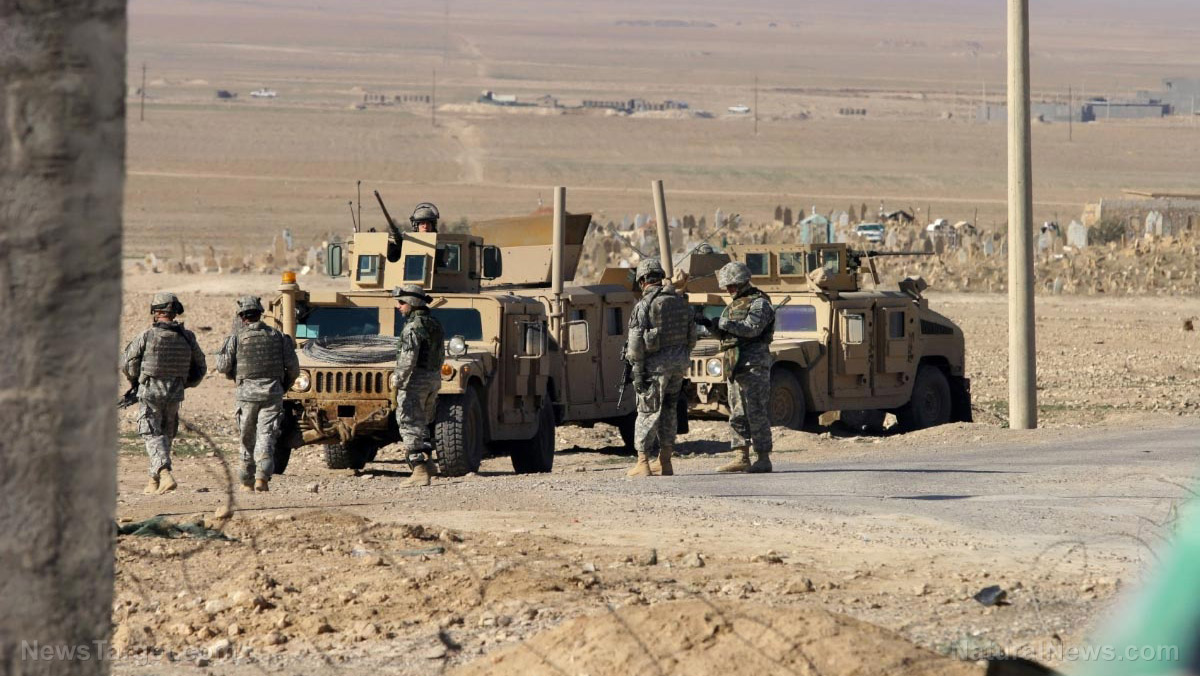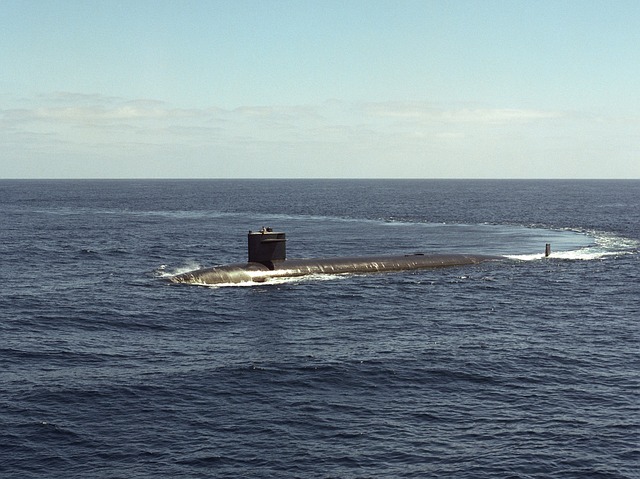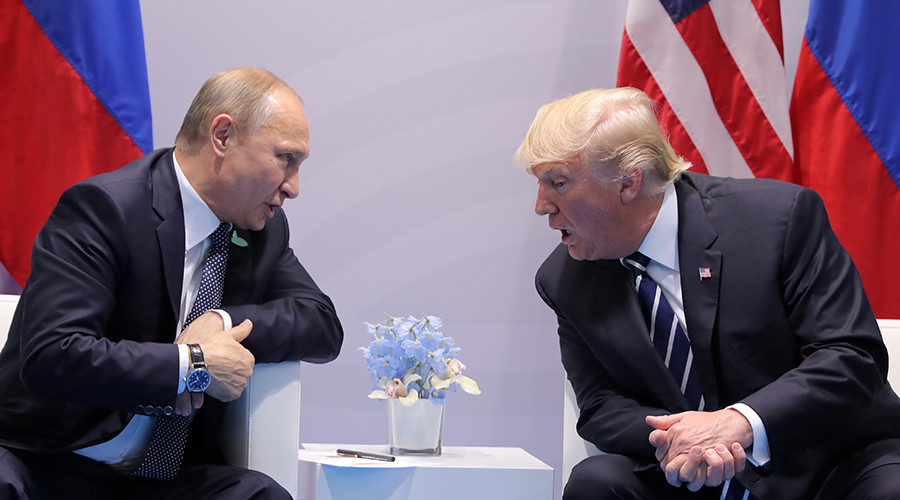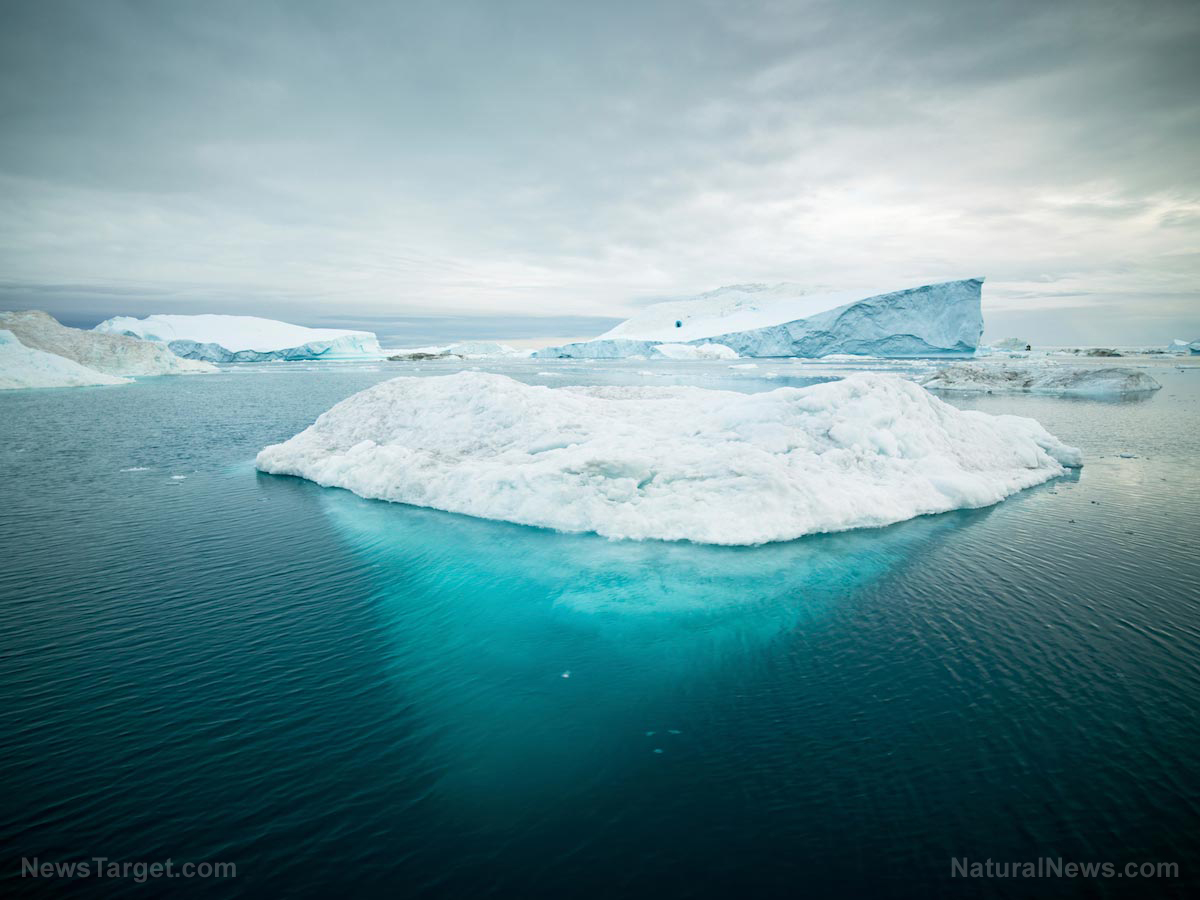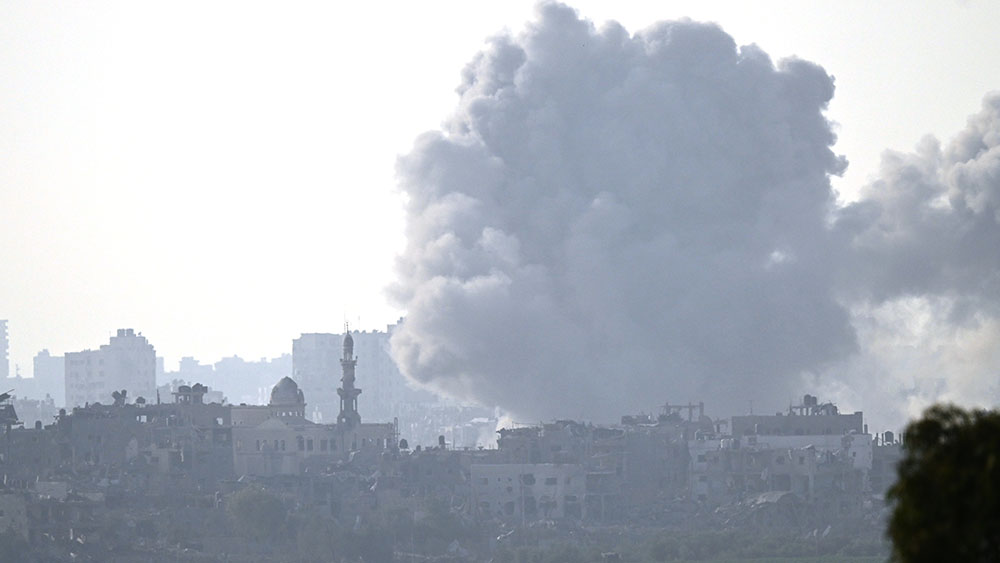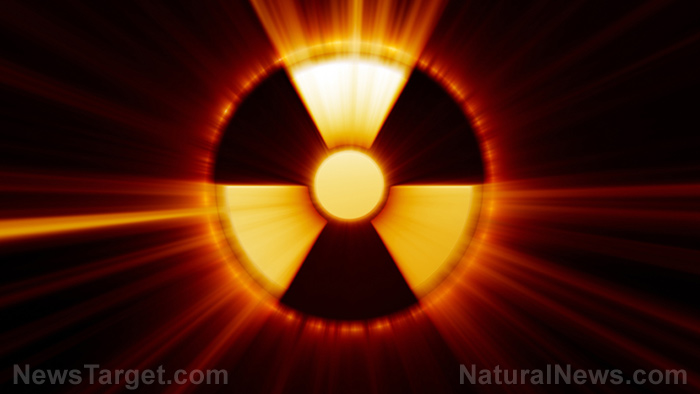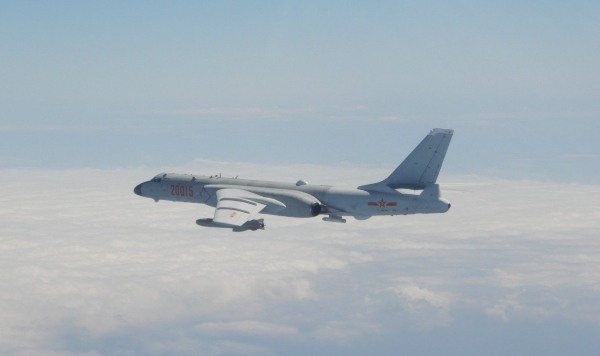Russia accuses Ukraine of “ENERGY TERRORISM” in alleged drone attack on TurkStream pipeline
01/14/2025 / By Willow Tohi
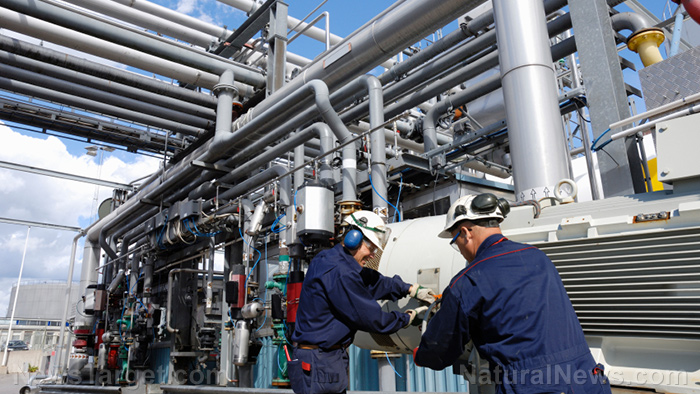
- Russia accused Ukraine of attempting “energy terrorism” through a drone attack on a gas compressor station linked to the TurkStream pipeline, a critical energy artery from Russia to Turkey and southern Europe.
- The attack, near Russia’s Krasnodar Region, involved nine kamikaze drones, with one causing minor damage to a gas metering station, which was quickly repaired.
- The TurkStream pipeline, launched in 2020, delivers 31.5 billion cubic meters of natural gas annually to Turkey and several European nations, becoming increasingly important for Russia to bypass Ukraine.
- European nations reliant on Russian gas expressed concern over the attack, with Hungary emphasizing the security of energy supply as a sovereignty issue.
- The incident highlights the vulnerability of energy infrastructure and the broader implications for global energy markets, especially amid ongoing sanctions and shifting geopolitical dynamics between Russia and the West.
Russia accused Ukraine on Monday of attempting to carry out an act of “energy terrorism” after an alleged drone attack on a key gas compressor station linked to the TurkStream pipeline, a critical energy artery supplying natural gas from Russia to Turkey and southern Europe. The incident, which occurred overnight near the village of Gaikodzor in Russia’s Krasnodar Region, underscores the escalating tensions between the two nations nearly three years into Russia’s full-scale invasion of Ukraine.
Kremlin spokesman Dmitry Peskov condemned the attack, calling it part of a broader campaign by Kyiv to destabilize Europe’s energy security. “Kiev follows this line of energy terrorism,” Peskov stated, echoing accusations that Ukraine has targeted Russian energy infrastructure in the past. The Russian Defense Ministry reported that nine kamikaze drones were used in the attempted strike, with all but one intercepted. The lone drone that evaded defenses caused minor damage to a gas metering station, which was swiftly repaired.
The TurkStream pipeline, launched in January 2020, is a vital conduit for Russian gas exports, delivering 31.5 billion cubic meters of natural gas annually to Turkey and several European nations, including Hungary, Serbia, Bulgaria, and Greece. The Russkaya compressor station, the target of the alleged attack, serves as the pipeline’s exit point on Russian soil.
A history of energy tensions
The alleged drone strike is the latest chapter in a long-standing energy conflict between Russia and Ukraine, which has intensified since Moscow’s invasion in February 2022. For decades, Ukraine served as a major transit route for Russian gas to Europe, earning billions in transit fees. However, Kyiv halted the transit of Russian gas on January 1, 2025, ending a five-year agreement and further straining relations.
The TurkStream pipeline has become increasingly important for Russia as it seeks to bypass Ukraine and maintain its energy influence in Europe. The pipeline’s underwater section spans 930 kilometers (580 miles) beneath the Black Sea, connecting the Russian city of Anapa to K?y?köy in Turkey before branching into overland routes to Europe.
This incident follows previous accusations by Moscow that Ukraine has attempted to sabotage TurkStream and other energy infrastructure. In 2022, explosions severely damaged the Nord Stream 1 and 2 pipelines, which carried gas from Russia to Germany under the Baltic Sea. While Kyiv denied involvement, the attacks heightened fears of energy warfare in the region.
European concerns and reactions
The alleged attack has raised concerns among European nations reliant on Russian gas. Hungary, which receives gas via TurkStream, called for the pipeline’s security to be respected. “The security of energy supply is a sovereignty issue, so any action that threatens the security of our energy supply must be seen as an attack on sovereignty,” Hungarian Foreign Minister Peter Szijjarto said in a statement.
Other European countries, including Austria and Slovakia, have sought alternative gas supplies since Ukraine halted transit. Meanwhile, the European Union has been working to reduce its dependence on Russian energy, though some member states continue to import liquefied natural gas (LNG) from Russia.
Broader implications for global energy markets
The incident comes amid heightened geopolitical tensions and a shifting global energy landscape. Last week, the United States and Britain announced fresh sanctions targeting Russia’s oil sector, including state-owned Gazprom Neft and a “shadow fleet” of tankers used to circumvent Western restrictions. Kremlin spokesman Peskov criticized the sanctions, warning they would “destabilize” global energy markets.
The alleged drone attack also highlights the vulnerability of critical energy infrastructure in times of conflict. As Russia and Ukraine continue to clash on the battlefield, their energy rivalry threatens to spill over into broader disruptions for European consumers.
The alleged drone strike on the Russkaya compressor station marks another escalation in the energy conflict between Russia and Ukraine, with far-reaching implications for Europe’s energy security. As both nations grapple with the fallout of the war, the targeting of critical infrastructure underscores the fragility of global energy networks in an era of geopolitical strife. With no end to the conflict in sight, the risk of further disruptions looms large, leaving Europe and the world to navigate an increasingly uncertain energy future.
Sources include:
Submit a correction >>
Tagged Under:
big government, chaos, conspiracy, dangerous, energy infrastructure, energy supply, energy terrorism, fuel rationing, fuel supply, insanity, national security, new energy report, pipelines, Russia, Russia-Ukraine war, terrorism, TurkStream pipeline, Ukraine, violence, WWIII
This article may contain statements that reflect the opinion of the author
RECENT NEWS & ARTICLES
COPYRIGHT © 2018 MILITARYTECHNOLOGY.NEWS
All content posted on this site is protected under Free Speech. MilitaryTechnology.news is not responsible for content written by contributing authors. The information on this site is provided for educational and entertainment purposes only. It is not intended as a substitute for professional advice of any kind. MilitaryTechnology.news assumes no responsibility for the use or misuse of this material. All trademarks, registered trademarks and service marks mentioned on this site are the property of their respective owners.



